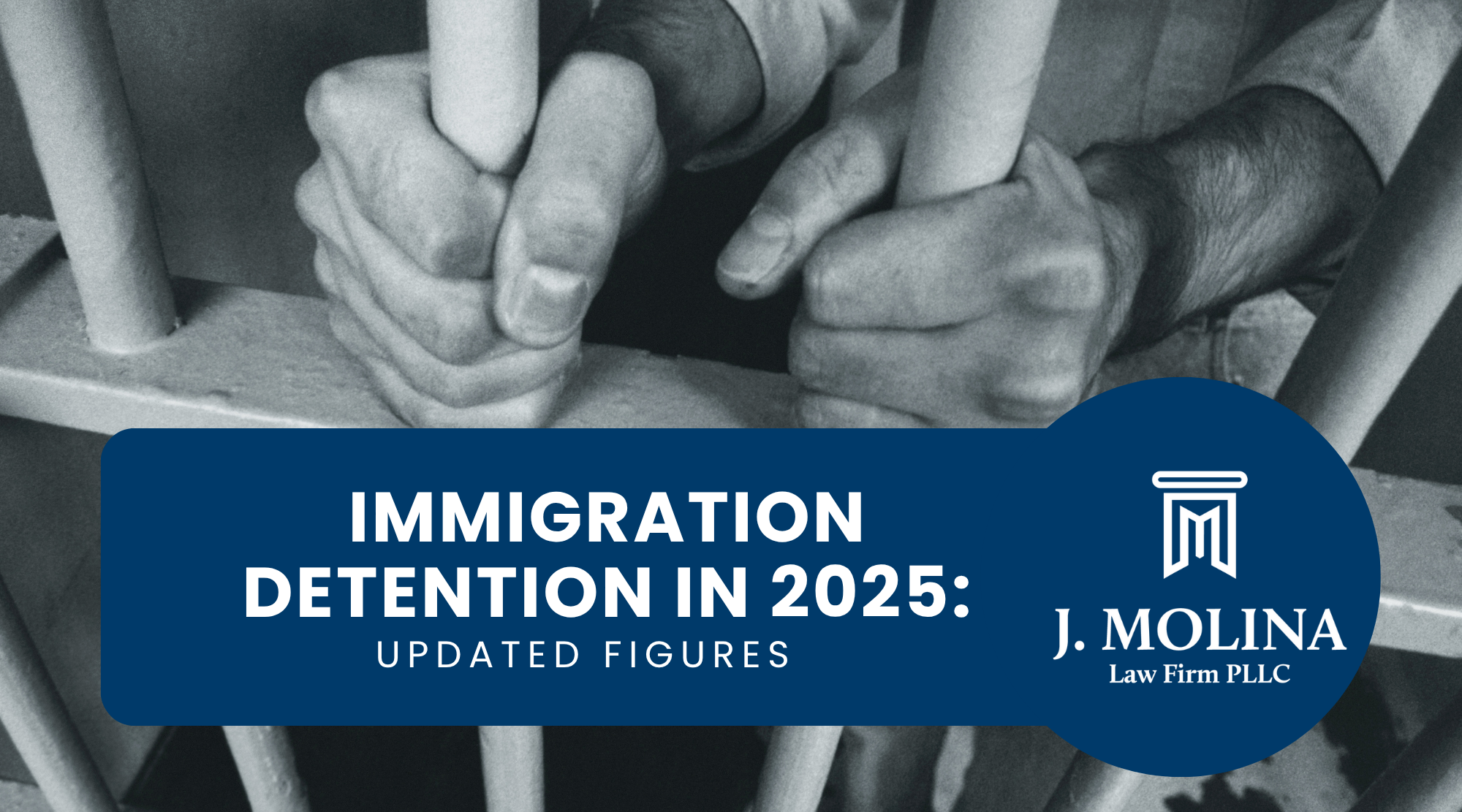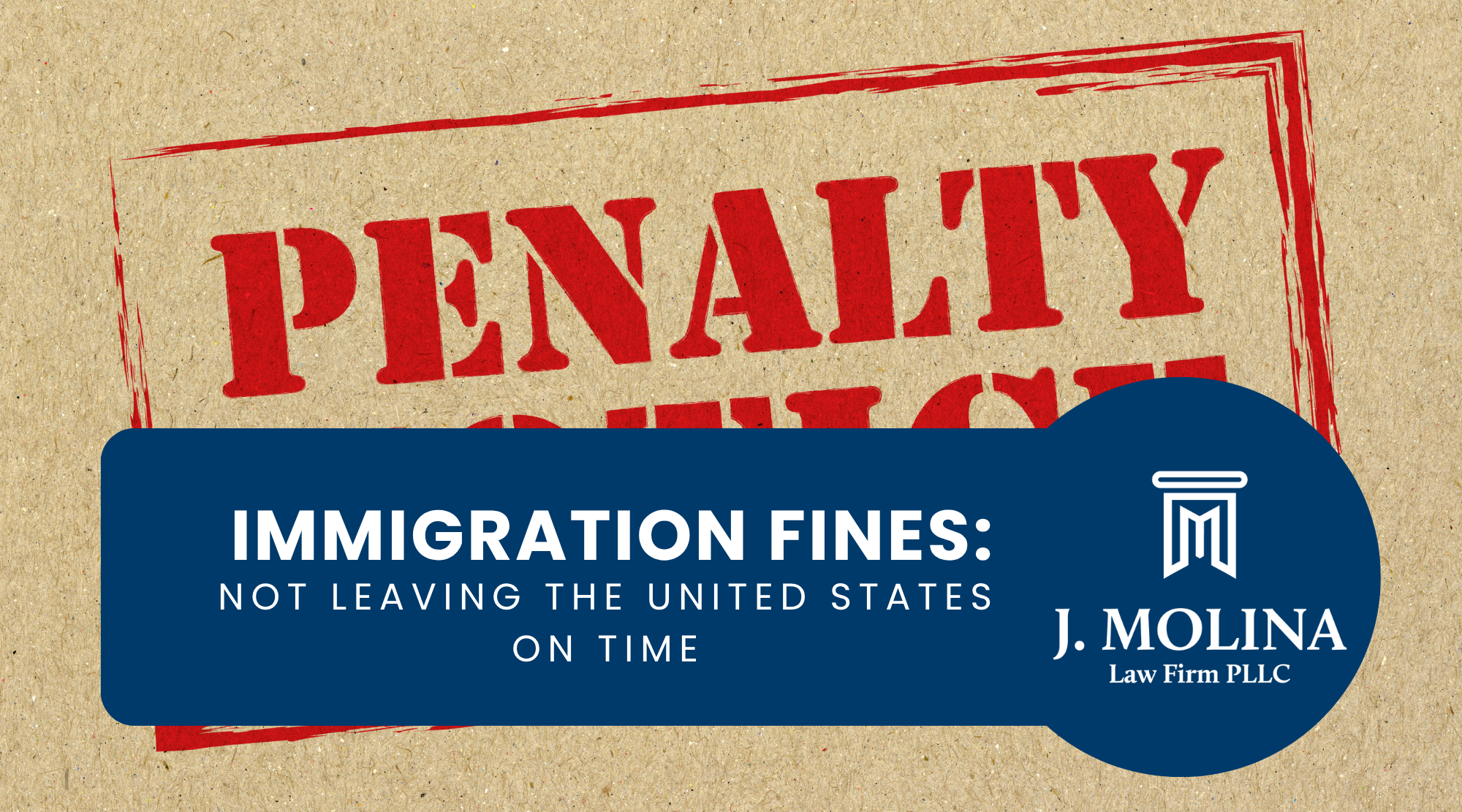Inadmissibility, in the immigration law context, is a finding that a person is not allowed to enter nor “adjust status” in the United States. In our previous webinar, we explained the concept in greater detail and discussed some grounds for inadmissibility. This article will explore some of the most common grounds for inadmissibility.
I. Crimes Involving Moral Turpitude (“CIMT”)
In essence, a CIMT is something morally wrong and unacceptable by current social standards. The crime must require that a person acts with intent to commit the crime, not recklessly or negligently.
There are many types of CIMTs (for a list of CIMTs, read our previous article). A typical CIMT in the State of Texas is Forgery of Financial Instrument. This offense punishes a wide array of conduct. For example, falsifying a signature on a check, producing fake credit cards, and modifying legitimate checks, among other wrong actions. This offense is, at a minimum, a State Jail Felony Offense in the State of Texas, meaning it can carry between 180 days to 2 years imprisonment. If a CIMT falls within the petty offense exception (the potential maximum sentence is one year or less), it is not inadmissible under our immigration laws.
The petty offense is not applicable in the Forgery of Financial Instrument case because the maximum potential sentence is two years. But, even if you are convicted of this offense, depending on your circumstances, you may apply for a waiver of this inadmissibility ground under Section 212(h)(B) of the Immigration and Nationality Act.
II. Drug Offenses
If in a situation where a person is caught smoking marijuana in Dallas, Texas, and an officer doesn’t find any substance left on him other than a pipe, marijuana residue, and a grinder, the charge may be considered possession of paraphernalia. If the person wants the case expunged after paying the ticket and goes to a criminal defense attorney, there must be a specific type of carefulness regarding this. If a person finds themselves trying to reenter or adjust status in the U.S., the now wiped-out case is no longer available to anyone in the State of Texas. Still, immigration authorities require the entire record of conviction before they can approve a waiver for you since the offense remains a conviction for immigration law purposes.
So, if the case is expunged, it is unlawful to provide the record to anyone, and the person cannot provide it to immigration authorities. Under our immigration laws, we can request a waiver for violations relating to controlled substances only if the controlled substance involved was for possession of less than 30 grams of marijuana. In the case of a drug paraphernalia citation, it is essential to demonstrate that the controlled substance involved was for possession of less than 30 grams of marijuana. It is up to the person requesting the waiver to show that they qualify for the waiver.
III. False Claim to U.S. Citizenship vs. False Claim to U.S. Lawful Residence
Misrepresenting your immigration status can have severe consequences. Falsely claiming to be a United States citizen for any purpose is considered the death penalty in the immigration law context. It is regarded as the death penalty because it can never be waived and would render someone inadmissible forever. Further, the law prohibits a false claim for any purpose. This includes employment and educational purposes. In essence, if a person falsely claims to be a U.S. Citizen, they are not allowed into the United States, but there is a slight difference in claiming to be a Legal Permanent Resident. It is very common to misrepresent yourself as a Resident when living in the U.S.; after all, it’s easier to get a job to provide for yourself and your family.
The finding of the BIA and Federal courts that employment is a “purpose or benefit under the Act” in the context of the application of section 212(a)(6)(C)(ii) of the Act does not constitute a finding that employment is also a “benefit under the Act” as contemplated by section 212(a)(6)(C)(1) of the Act. It can also be argued that a misrepresentation would only render you inadmissible without the possibility of a waiver if made before a U.S. official – that is, generally, an immigration or consular officer. However, this type of analysis and argument needs to be done by a professional immigration attorney.
These charges can make you inadmissible but can be waivered with the proper process and guidance. At J. Molina Law Firm, we create the best strategy for your case. If you want to know if you’re inadmissible and if you can make it better, schedule your confidential appointment with Mr. Molina today. You can contact us or call us at (469) 708-5800!



